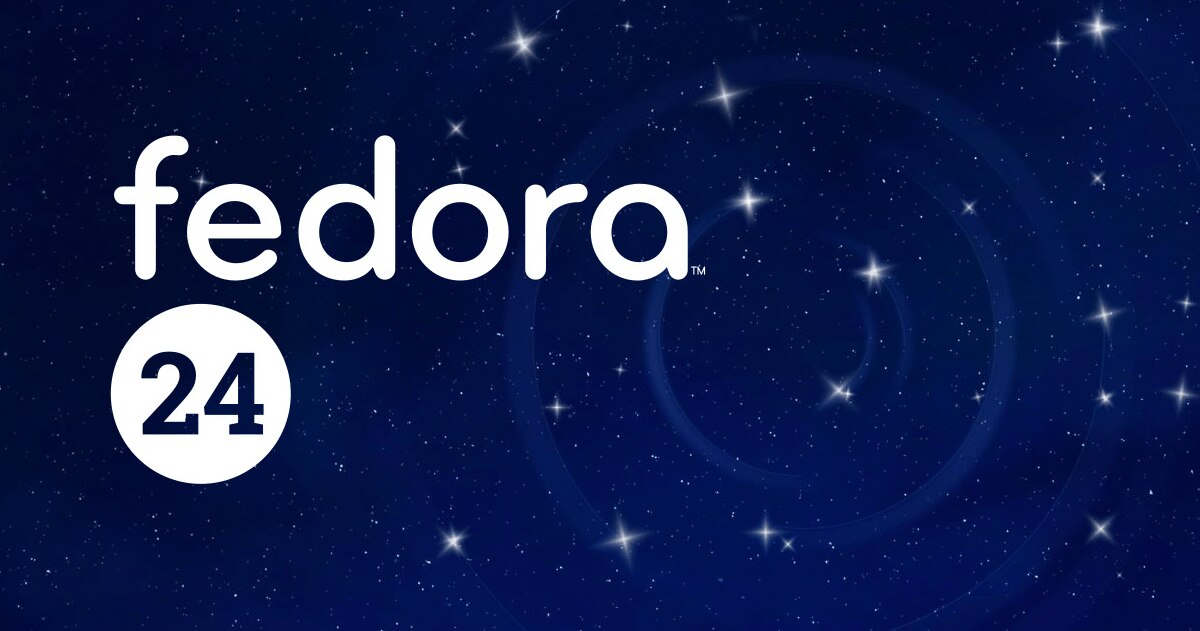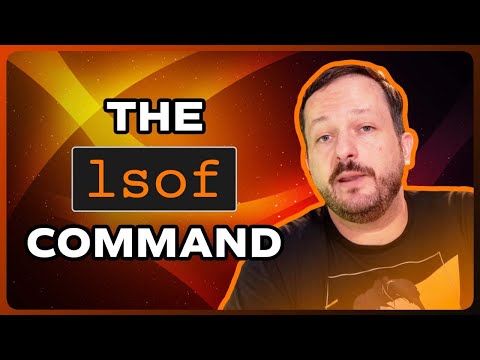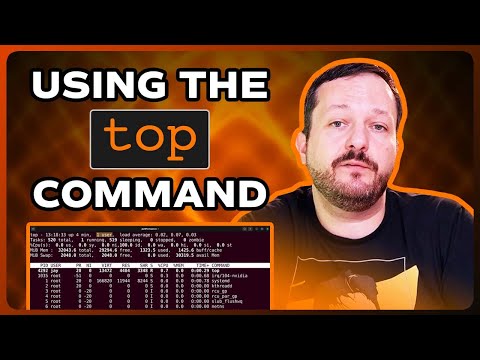今天,我们很高兴为您提供 Fedora Server 24,供您在 Linode 上部署。 Fedora 项目旨在提供最新的稳定软件包和大约 13 个月的支持.
有什么新消息?
Fedora Server 24 的安装比以前的版本更轻便,这是因为 Fedora 项目删除了一些他们认为在服务器构建中不必要的软件包。安装 Fedora 24 ChangeSet概述了主要的库和软件更新,如 GNU Compiler Collection 6、Nodejs 5.10 和Python 3.5。
您可以一如既往地使用我们提供的 Linux 内核,或者使用我们的内核 安装指南为KVM Linodes 安装内核。有关完整的更新日志,请参阅 Fedora 24 发布说明.
如何获取 Fedora 24?
可以直接从 Linode 管理器部署 Fedora Server 24 的新磁盘镜像。如果您使用的是较早版本的 Fedora,可以使用 DNF 系统升级插件升级到版本 24。您会找到 操作说明以及 潜在的升级问题在 Fedora 的维基站点上。






评论 (5)
The DNF System Upgrade plugin uses a reboot to trigger the upgrade process, will Linodes handle that correctly?
Previously, I’ve used the process described here, which I think is what you used to recommended over the upgrade plugin: https://fedoraproject.org/wiki/Upgrading_Fedora_using_package_manager?rd=Upgrading_Fedora_using_yum#Fedora_23_-.3E_Fedora_24
Linode handles system-initiated restarts cleanly using the Lassie Shutdown Watchdog.
Personally, I use Direct Disk boot method, booting my VPS as if it were a VMware or Virtualbox instance.
As for Alex Fornuto, this is proof that KVM and Linode need to emulate the reboot process natively, because whenever I reboot it takes 15 seconds or more for Lassie to wake my VM, whose startup time is 6-8 seconds.
If you want a faster reboot time, you can reboot from the manager, or through the API or CLI. I’ll pass along your suggestion re emulated reboots on the host.
Why is Linode disabling SELinux by default? Without it enabled by default it isn’t really Fedora anymore, is it?